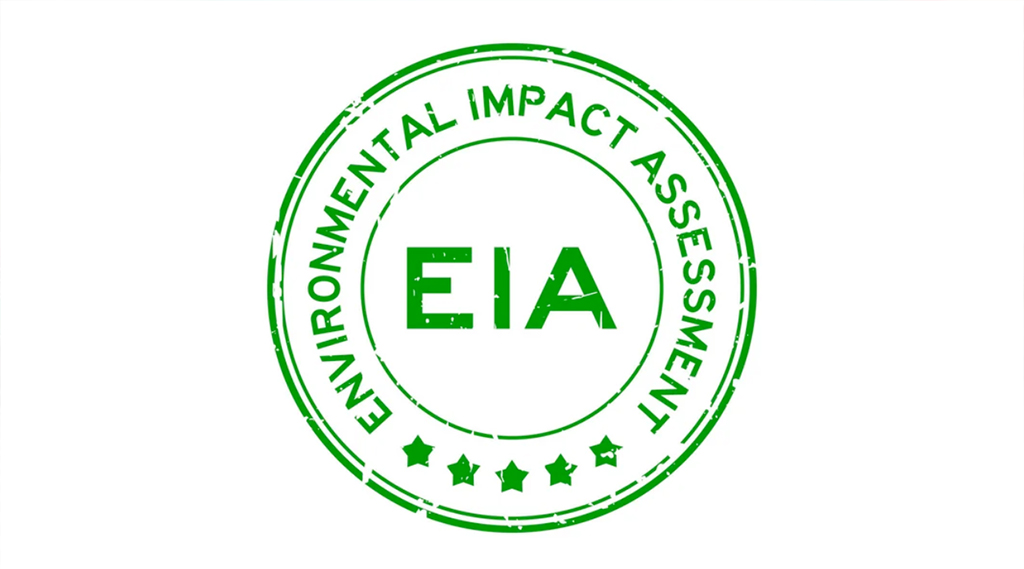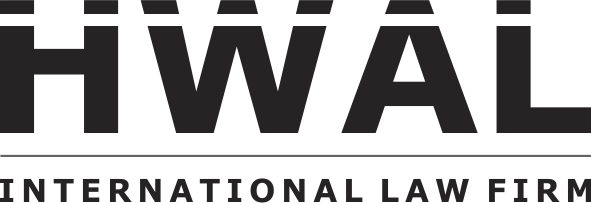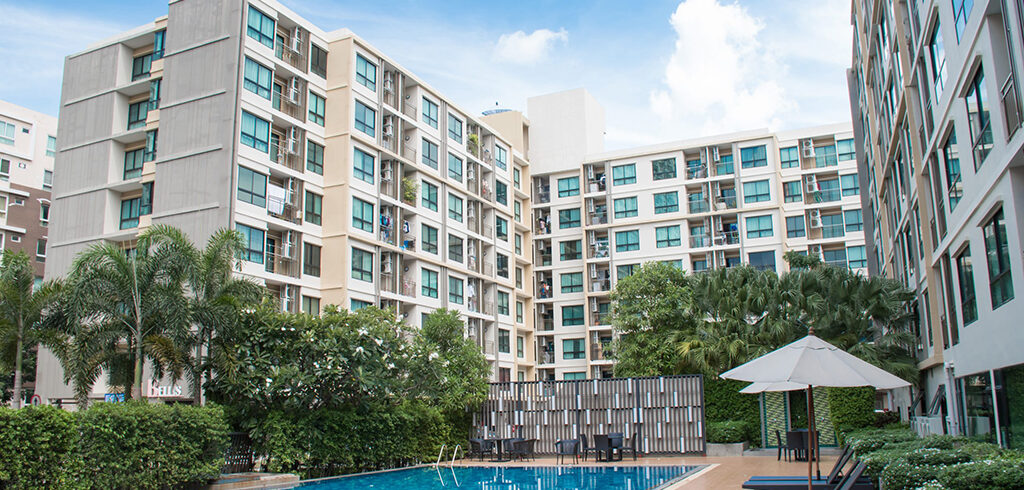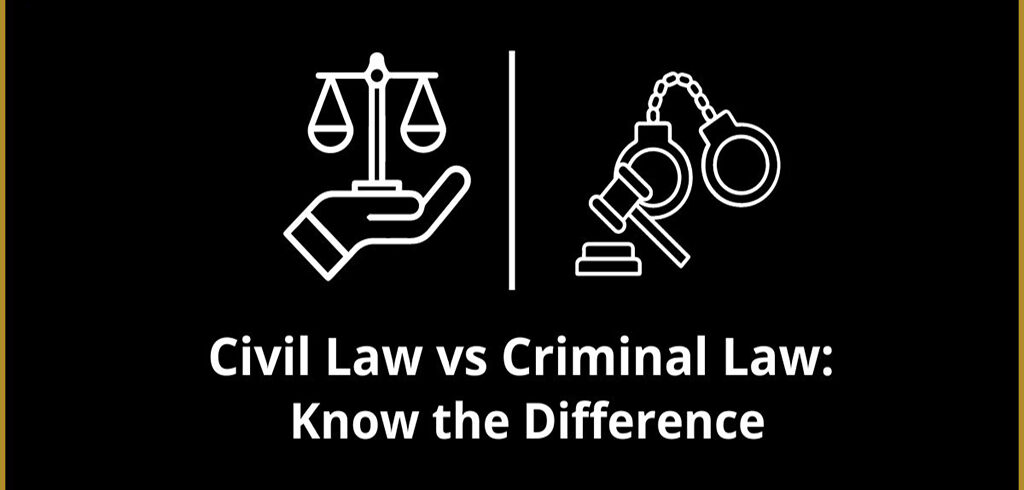
Thailand’s pristine beaches, lush forests, and vibrant ecosystems have long made it a coveted destination for travelers and investors alike. However, rapid development and urbanization have raised concerns about the environmental impact of construction projects across the country. In response to these challenges, Thailand has implemented Environmental Impact Assessment (EIA) processes to ensure sustainable development and protect its natural resources.
In this comprehensive guide, we’ll explore the intricacies of Environmental Impact Assessment in Thailand, with a focus on the popular tourist destination of Phuket. Whether you’re a clients in environmental matters or a construction company navigating the regulatory landscape, understanding EIA is essential for compliance and responsible development.
Understanding Environmental Impact Assessment (EIA)
Environmental Impact Assessment is a systematic process used to evaluate the potential environmental consequences of proposed projects. It aims to identify, predict, and mitigate any adverse effects on the environment, public health, and quality of life. EIA involves comprehensive assessments of various factors, including air and water quality, biodiversity, land use, and socio-economic impacts.
EIA in Thailand
Thailand’s EIA process is governed by the Enhancement and Conservation of National Environmental Quality Act B.E. 2535 (1992) and its subsequent amendments. The law requires developers to conduct EIAs for specified projects, including infrastructure development, industrial activities, and urban expansion. The goal is to ensure that development projects adhere to environmental standards and promote sustainable growth.
Key Components of EIA in Thailand
- Screening: The EIA process begins with project screening to determine whether a full assessment is necessary. Projects with potentially significant environmental impacts are subject to detailed EIA studies, while smaller-scale developments may undergo a simplified process.
- Impact Assessment: The next step involves assessing the potential environmental impacts of the proposed project. This includes analyzing the direct and indirect effects on air and water quality, ecosystems, biodiversity, and local communities.
- Public Participation: Public participation is a crucial aspect of the EIA process in Thailand. Developers are required to engage with stakeholders, including local communities, environmental groups, and government agencies, to gather feedback and address concerns.
- Mitigation Measures: Based on the findings of the impact assessment, developers are required to propose mitigation measures to minimize or eliminate adverse environmental impacts. This may include measures such as pollution control, habitat restoration, and community development initiatives.
- Monitoring and Compliance: Once a project is approved, developers must implement the proposed mitigation measures and adhere to environmental conditions set forth by regulatory authorities. Regular monitoring and reporting are conducted to ensure compliance with EIA requirements.
EIA in Phuket
As one of Thailand’s most popular tourist destinations, Phuket has experienced rapid development in recent years, leading to concerns about environmental degradation and sustainability. Construction projects, including hotels, resorts, and infrastructure development, have been subject to stringent EIA requirements to protect the island’s fragile ecosystems and scenic beauty.
Phuket Lawyers and Construction Companies
For Phuket lawyers and Phuket construction companies, navigating the EIA process is essential for project success and compliance with environmental regulations. Lawyers play a vital role in advising clients on EIA requirements, conducting legal reviews, and representing their interests throughout the approval process. Construction companies must ensure that their projects undergo thorough EIA assessments and implement effective mitigation measures to minimize environmental impacts.
For Phuket lawyers specializing in environmental law, understanding the intricacies of EIA in Thailand is critical for providing effective legal counsel to clients involved in development projects. By staying abreast of EIA regulations and best practices, lawyers can help their clients navigate the approval process and address any environmental concerns that may arise.
Likewise, Phuket construction companies must prioritize environmental sustainability and compliance with EIA requirements in their development projects. By partnering with knowledgeable legal advisors and environmental consultants, construction companies can ensure that their projects meet regulatory standards while minimizing negative impacts on the environment.
Conclusion
Environmental Impact Assessment plays a crucial role in promoting sustainable development and protecting Thailand’s natural resources. For Phuket lawyers and construction companies, understanding and complying with EIA requirements is essential for navigating the regulatory landscape and promoting responsible development practices. By prioritizing environmental sustainability, stakeholders can contribute to the long-term preservation of Phuket’s unique ecosystems and cultural heritage.





